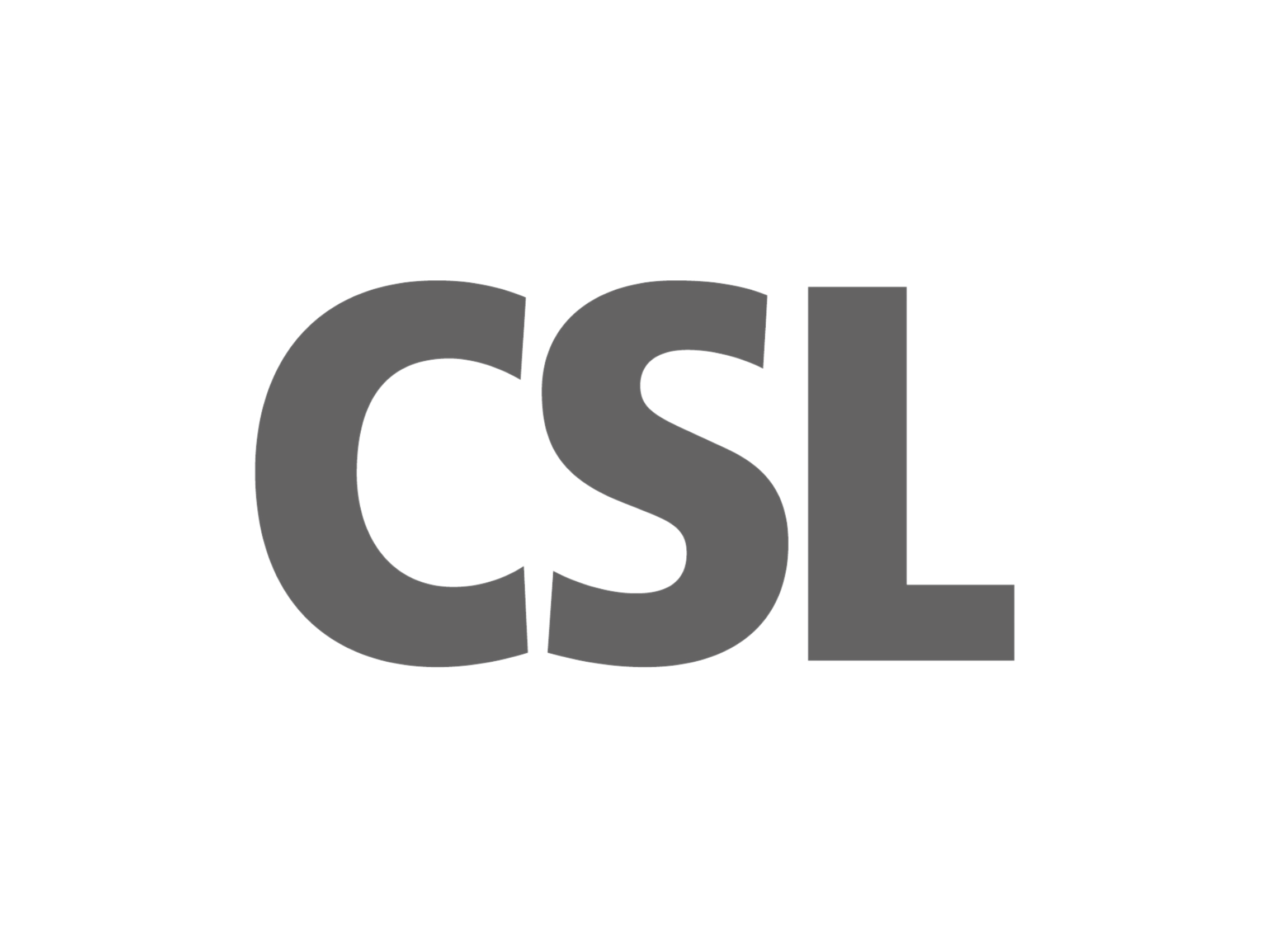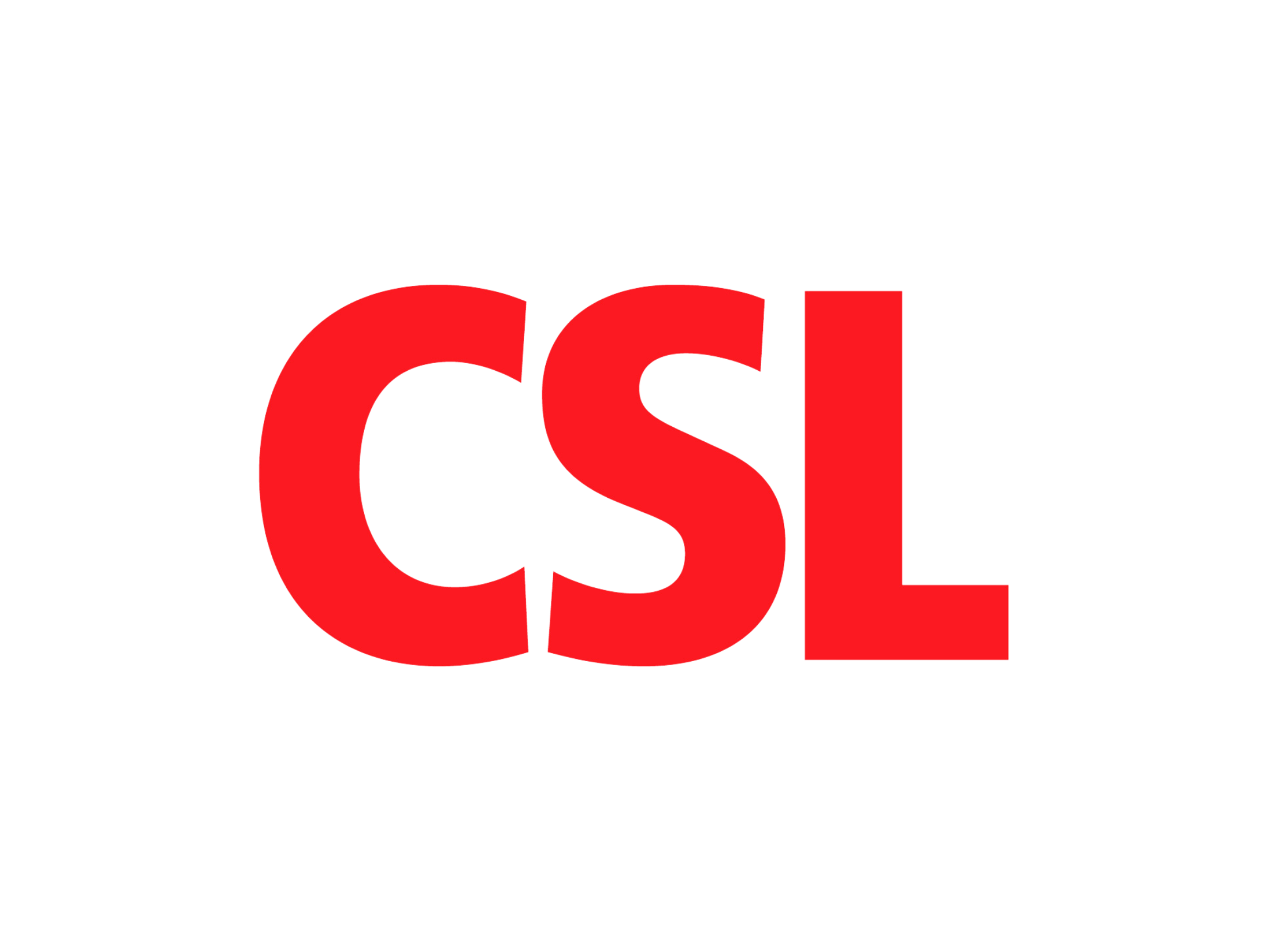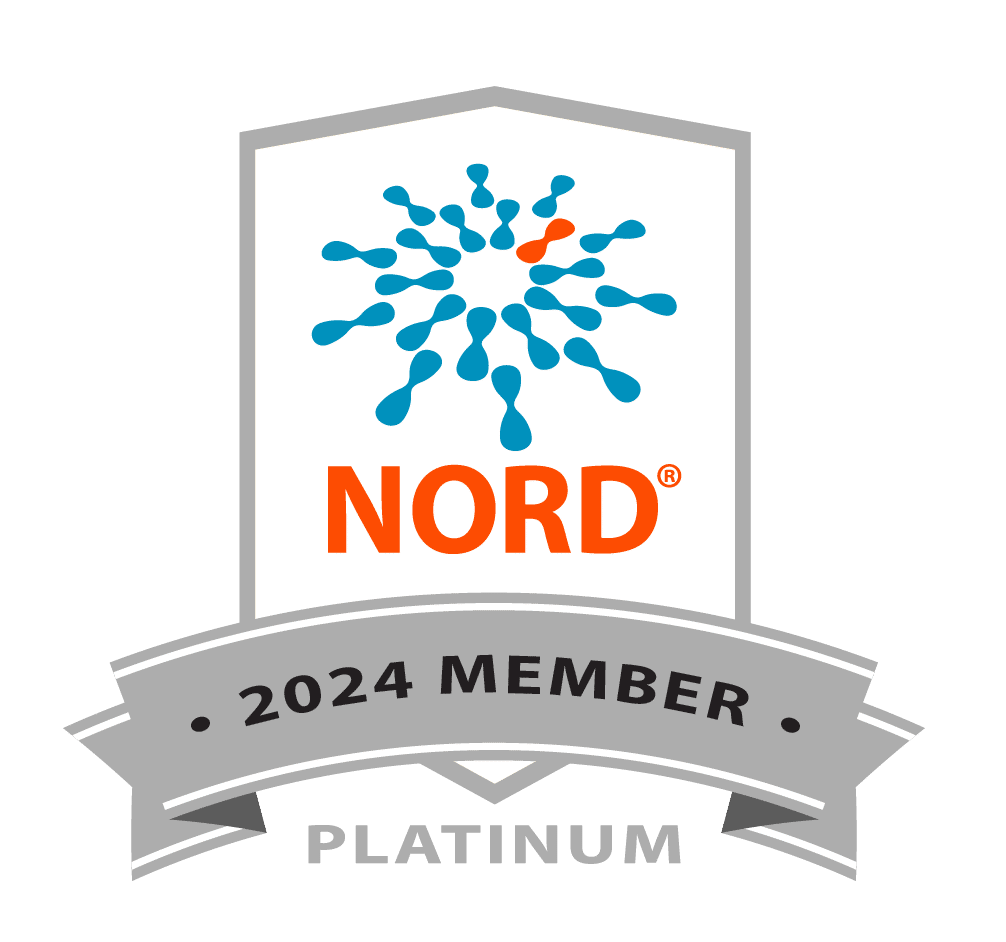TESTING
- There is no one recommendation for testing children for Alpha-1. This is a question that should be answered with a licensed genetic counselor and the child’s physician to understand the chance that the child will have Alpha-1 based on the inheritance pattern, and any health problems that may be present. Before testing a child for Alpha-1, parents need to understand the positives and negatives including access to life insurance. A child with unexplained liver disease should be tested for Alpha-1.
- The Affordable Care Act protects those with pre-symptomatic genetic diagnosis; however, life insurance is different and your child may never be able to get life insurance with a genetic predisposition. This must be disclosed, even if it is through confidential testing when securing life insurance.
- The disease is highly variable. At birth, 20% of Alphas are symptomatic due to liver problems, and most only become symptomatic later in life. There are treatments for liver disease, in general, that are given to Alpha kids, but no specific Alpha-1 liver treatment is yet available outside of research studies. There is no treatment for lung disease given to children at the present time because while some Alpha kids might have asthma, it is treated in the usual way. Alpha-1 lung disease does not develop until adulthood.
Check-Ups
- A child that has a history of Alpha-1 in their family should maintain a healthy lifestyle including regular check-ups with scheduled vaccines and maintain a healthy weight. Parents of children with Alpha-1 should not smoke, as there is evidence that the lung is very susceptible to injury, even in childhood, that may not show up for decades. As they grow older, they should avoid smoking as well as occupational lung damage.
- All Alpha kids should have annual appointments with specialists to get baseline health information and see if there is any disease progression.
- Yearly blood tests
- Pulmonary function testing usually begins at age 18 unless the child has symptoms of asthma or other breathing problems that lead to medical treatment before that.
Immunizations
- Keeping updated on vaccines is extremely important, including Hepatitis A and Hepatitis B.
- Seasonal, as well as, the newly approved COVID-19 vaccines for children 5 years and older.
Diet
- A well-balanced diet is important and dietary supplements, herbs, and milk thistle, are not recommended as they have not been recommended by the FDA for purity or safety.
- It is recommended that nonsteroidal anti-inflammatory drugs (NSAIDS) not be used on children with Alpha-1. These drugs including aspirin, ibuprofen, and naproxen have shown in animal studies to be highly toxic to the liver and kidneys. This is a general caution, but not an absolute recommendation of avoidance as the data in humans is not fully clear. Acetaminophen, such as Tylenol, is a miscellaneous analgesic for mild to moderate pain or fever and is safe to take in ordinary doses.
How To Get Involved
- Being involved in the Alpha-1 Research Registry is a great way to contribute and learn about new clinical trials as they become available. There is a lot of interest in adult liver studies and if those studies are proven safe and effective, they would become available quickly for children.
- The Childhood Liver Disease Research and Education Network (ChiLDReN Study) is a collaborative team of doctors, scientists, nurses, research coordinators, medical facilities, patient support organizations, and the National Institutes of Health (NIH). The LOGIC and FORCE studies are natural history studies that include patients with Alpha-1.
- To join the Alpha-1 Research Registry or to obtain more information email alpha1registry@alpha1.org











